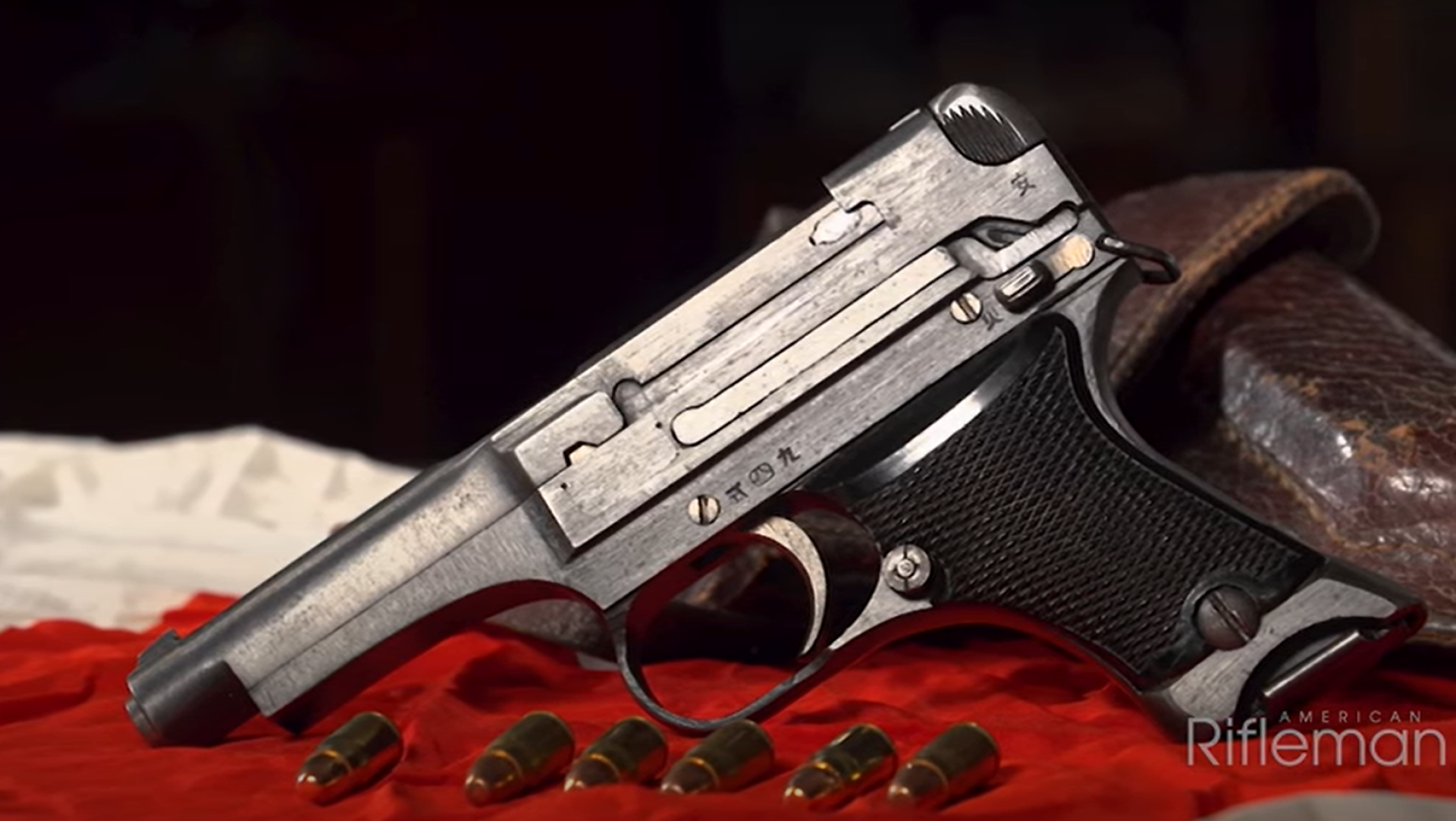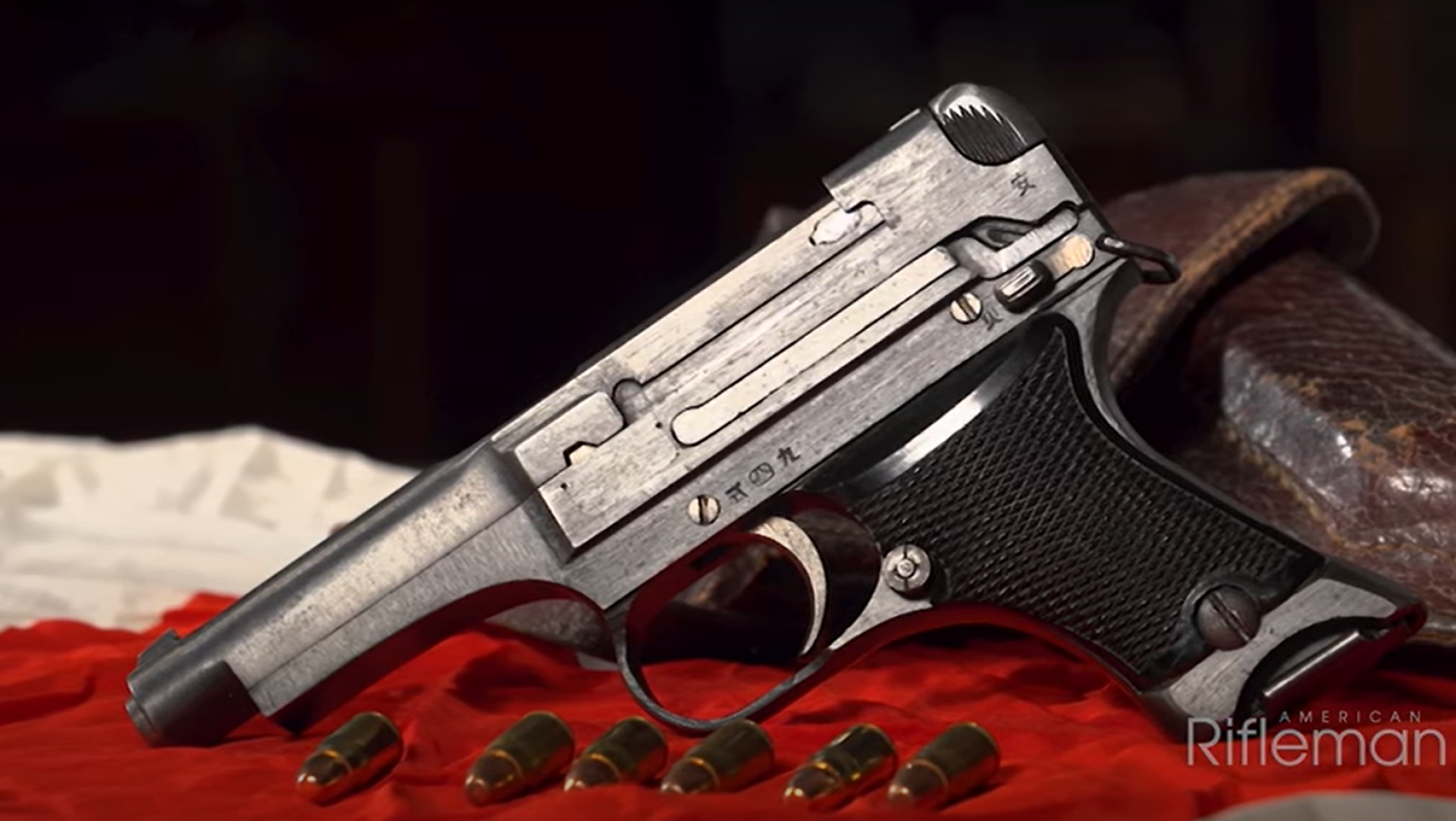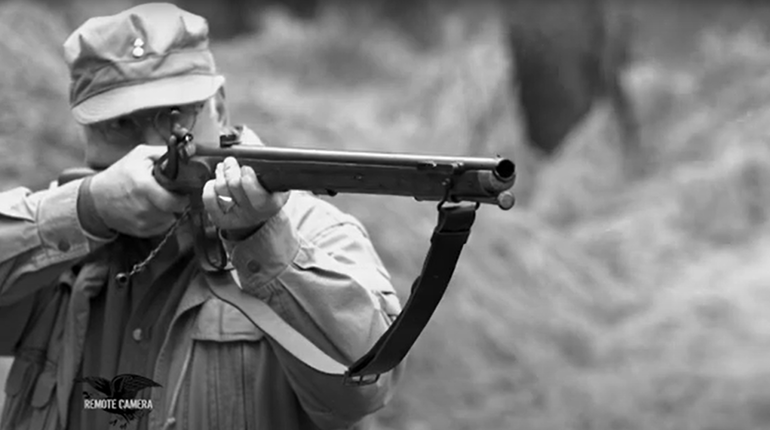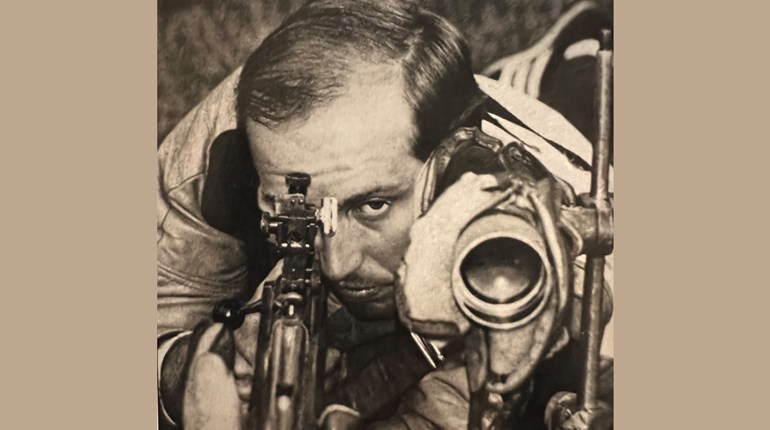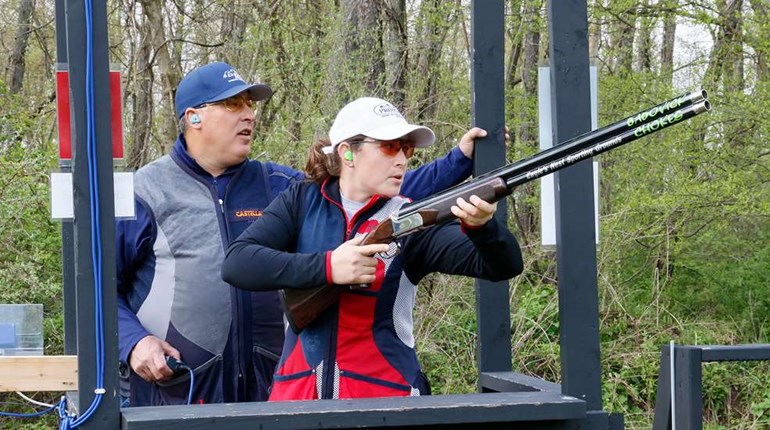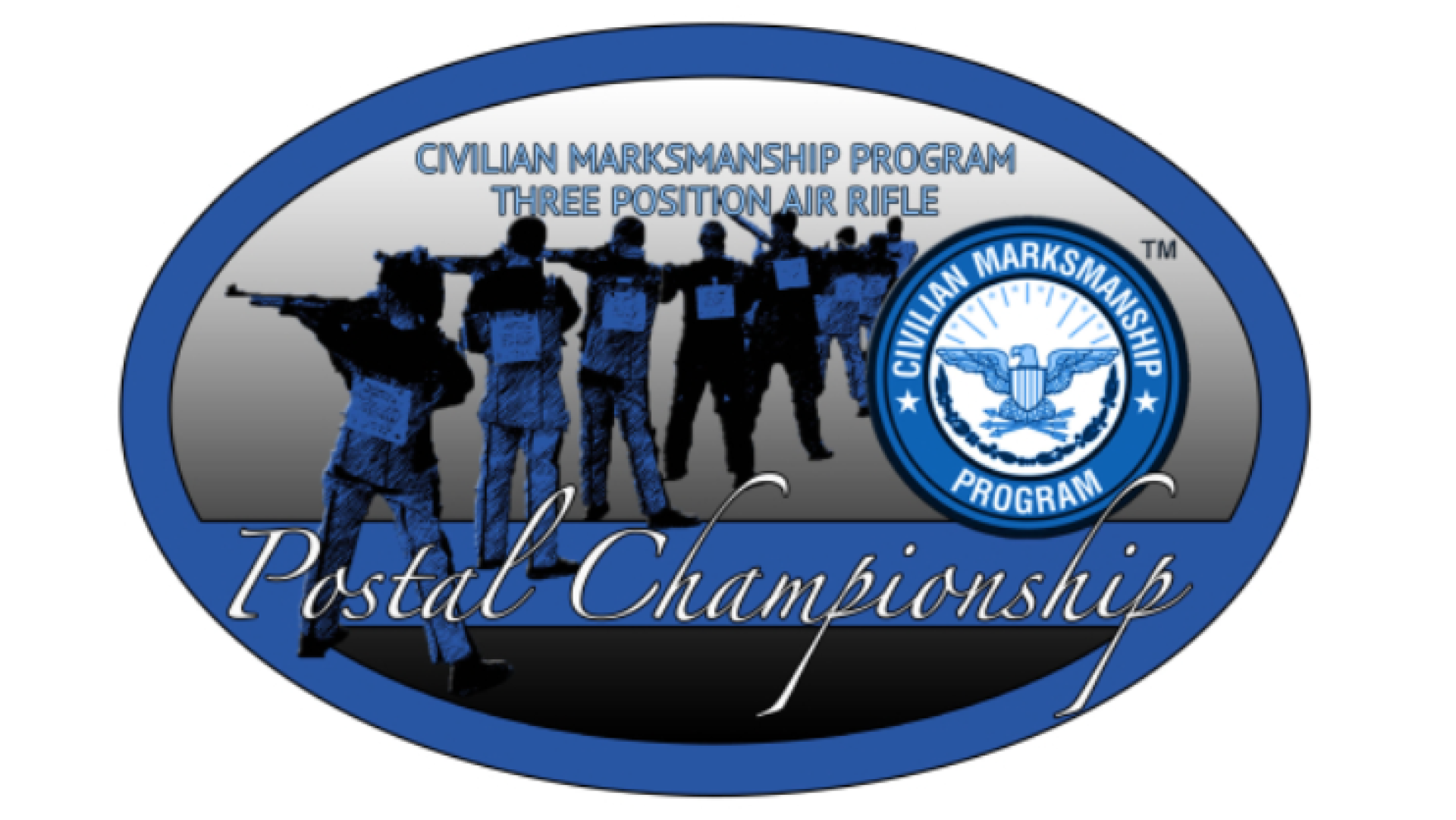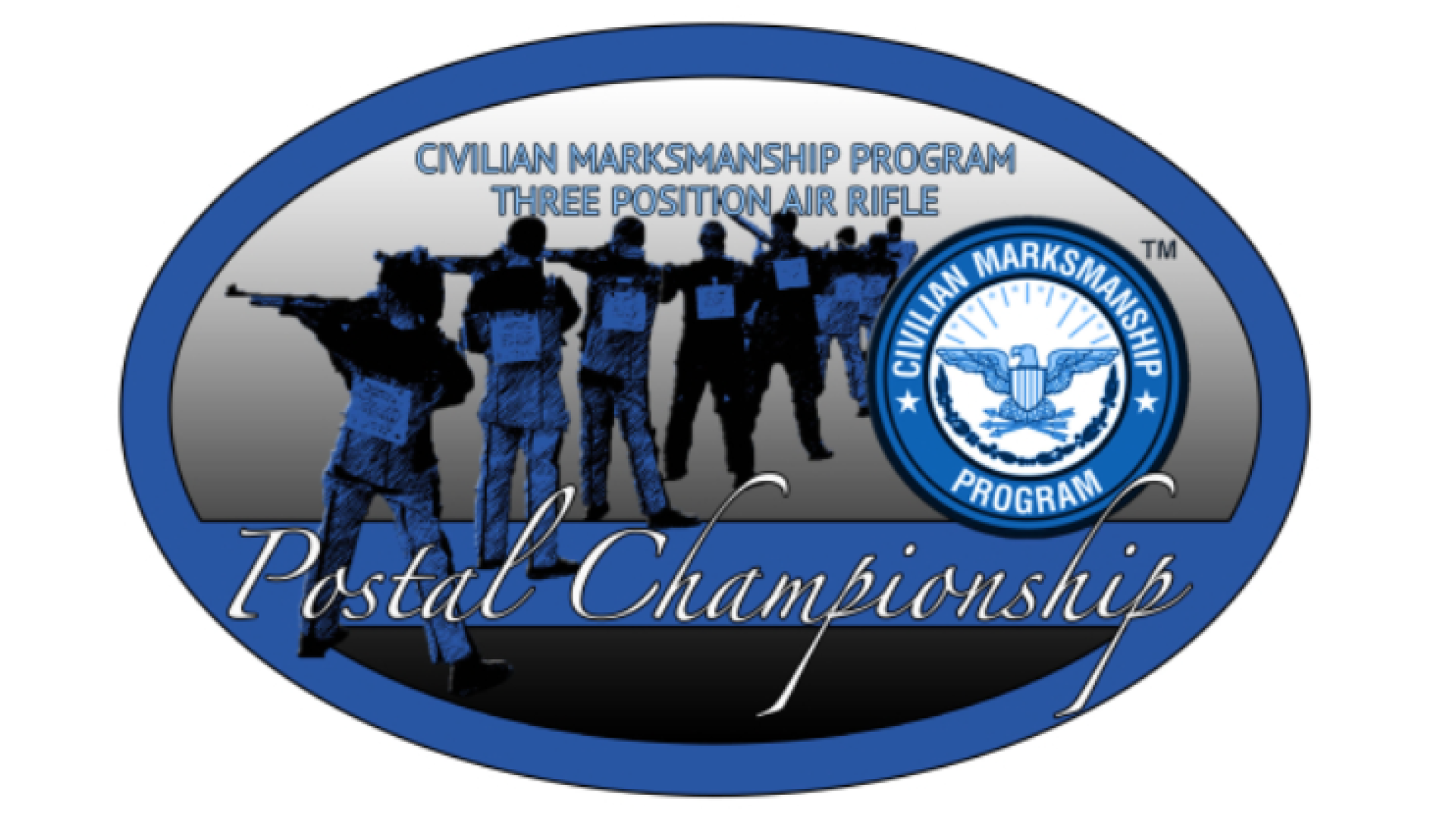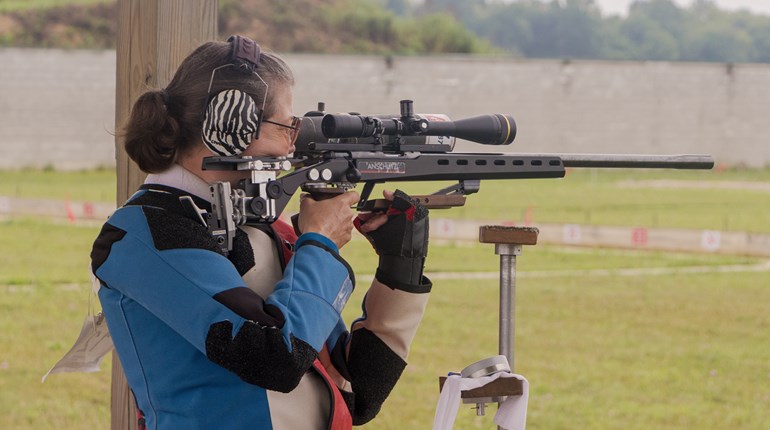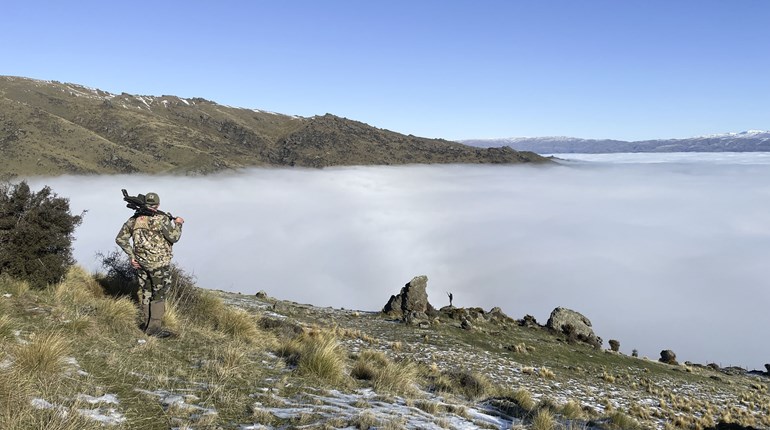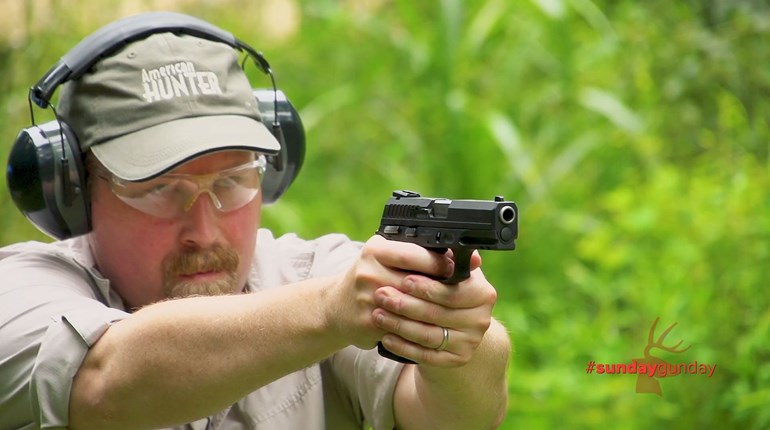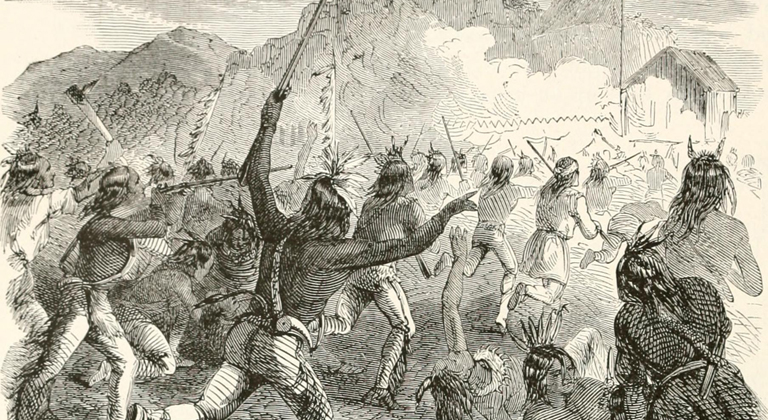
It was known as Pontiac’s War and lasted three long years, from 1763 to 1766. A fierce chief of the Ottawa tribe of Native Americans, Pontiac’s goal was to unite the Native American tribes of the Great Lakes Region—some of whom had been mortal enemies of one another for centuries—and drive the white soldiers and settlers back over the eastern mountains, the Alleghenies, from which they were pouring like a flood.
Pontiac’s strategy was to organize and lead a surprise strike on all the British forts in the area simultaneously. And he almost succeeded, had it not been for the heroic efforts of one very capable military leader: British Colonel Henry Bouquet.
Pontiac’s surprise attacks destroyed eight of the smaller forts, and hundreds of colonists were either killed or captured, with many more fleeing back East for their lives. Only the two largest forts (Detroit and Fort Pitt) hung in the balance, and each was besieged by hundreds of Indians from various tribes.
To relieve Fort Pitt—what one day would become Pittsburgh, Pennsylvania—Bouquet and his small army of combined British and American troops were ordered west. The wilderness grapevine worked well, and Indian spies informed their brothers surrounding the fort that Bouquet’s army was on the march. Rather than wait for the army to arrive at the fort and fight them there, the Indians chose to attack some 26 miles east, near a stream known as Bushy Run.
Day one of the battle began in early afternoon and lasted until dark, with the attacking forces extracting a serious toll. But Bouquet was a seasoned military leader and his troops were nearly all veterans. They did not panic; instead, they took up a circular defensive position atop a hill. The shooting from both sides gradually faded with the daylight, but the Indians allowed Bouquet’s troops and his wounded little rest throughout the night. Hideous war cries occasionally emanated from the dark surrounding woods, keeping the soldiers on edge.
At dawn the battle began again, with the Indians pressing their advantage, sensing certain victory. Sure enough, an opening in the army’s defensive circle gradually gave way and the Indian warriors poured through the gap only to discover, too late, it was a ruse.
The Indians were not only caught in a crossfire, but when they tried to retreat, they were cut off by army troops that had maneuvered into position behind them. The army’s flanking movements had been hidden from the Indians by a ravine on the side of the hill.
It was a shrewd, calculated, risky maneuver, but Bouquet, his officers and men had executed it brilliantly. As a result, the Indians were trapped and mauled. Those who survived scattered, broke off the attack, and retreated not just to Fort Pitt but all the way back to their towns in the Ohio country, some 150 to 200 miles west.
Colonel Henry Bouquet and his army finally arrived with the badly needed relief supplies at Fort Pitt four days later and were hailed as heroes. They spent the winter and much of the following year at the fort, waiting to see if their victory at Bushy Run would end Pontiac’s War. Unfortunately, it only served to increase hostilities. Indians from the Ohio country continued to raid white settlements in the east, murdering or taking captive many settlers, leaving a trail of burning and charred cabins in their wake.
By the fall of 1764, Colonel Henry Bouquet had seen and heard quite enough. Gathering an army of 1,500 men, he determined to march through the seemingly impenetrable wilderness from Fort Pitt to the Indian towns in the Ohio country, and either crush the natives in their homeland once and for all...or demand they sign peace treaties.
On October 2, Bouquet’s army headed west driving before them 400 cattle and 400 sheep, and leading more than 1,000 pack horses loaded with supplies. Despite the size of the army, it took them only three weeks to reach the forks of the Muskingum River—the very heart of Indian country. During the march the Indians tried their best to intimidate and dissuade the army, at one point impaling the head of a white child on the end of a sharpened stick and placing it on the trail they knew the advancing army would travel.
Bouquet and his army would not be cowed; if anything they were even more incensed. Upon their arrival in the Ohio country, Bouquet demanded that Indian leaders meet with him or else the army would systematically begin destroying the various Indian tribes and their towns. Bouquet also let it be known that some of the militia members in his army were relatives of the many whites who had been killed or taken captive by the Indians and were itching for revenge.
Seeing the size of the huge army and hearing the resolve in Bouquet’s voice, the Indians capitulated, beginning with the Delaware and Shawnee tribes whose towns were nearby. To them, Bouquet made the following demands:
“I give you twelve days from this date to deliver into my hands…all the prisoners in your possession, without any exception: Englishmen, Frenchmen, women and children; whether adopted into your tribes, married, or living amongst you…under any pretense whatsoever, together with all negroes. And you are to furnish the said prisoners with clothing, provisions, and horses to carry them to Fort Pitt. When you have fully complied with these conditions, you shall then know on what terms you may obtain the peace…”
What occurred next was truly remarkable, a scene never before witnessed on the American frontier. More than 200 captives were quickly produced by the tribes, with another 100 promised to be delivered to Fort Pitt the following spring, which was accomplished. But surprisingly, some of the prisoners did not want to leave the Indians.
Some had been taken captive as children, raised by Indian parents, and learned to speak only the Indian tongue, so did not remember their white parents or their former life. Some had been adopted by the tribes as adults and been well-treated, even intermarrying and having children, and did not want to leave their children or their spouse.
The Indians literally had to hogtie some of their most reluctant white captives in order to turn them over to the army. Some such captives refused to eat during the march back to Fort Pitt. Others slipped away into the vast forest when the soldiers weren’t watching and returned to the Indian towns.
But most of the captives were anxious to return to white civilization, silently thanking God that their prayers for liberation had finally been answered. An early account of the prisoner release reads:
…fathers and mothers recognizing and clasping their once-lost babes; husbands hanging around the necks of their newly-recovered wives; sisters and brothers unexpectedly meeting together after long separation, scarce able to speak the same language, or, for some time, to be sure that they were children of the same parents! In all these interviews, joy and rapture inexpressible were seen, while feelings of a very different nature were painted in the looks of others. Flying from place to place in eager enquiries after relatives not found! Trembling to receive an answer to their questions! Distracted with doubts, hopes and fears, on obtaining no account of those they sought! Or stiffened into living monuments of horror and woe, on learning their unhappy fate!
Colonel Henry Bouquet and his army returned to Fort Pitt on November 28, not having fired a single shot during the short, two-month campaign to rescue the Indian captives. This incident, combined with Bouquet’s stunning victory at Bushy Run, essentially ended Pontiac’s War. For the next decade there would be relative peace on the frontier.
As a result of his astonishing achievements with the Ohio tribes, Henry Bouquet was promoted to Brigadier General and assigned the military command of West Florida. Unfortunately, he contracted yellow fever and died there a year later, in 1765. One modern-day historian, Paul Kopperman, called Bouquet, “…the greatest asset that the British army had in America during the time of Pontiac’s War. Certainly, he was the finest soldier-administrator in its employ.”
If you’d like to read the Indian perspective of Bouquet’s campaign to rescue the white captives, the novel The Light in the Forest by Conrad Richter is highly recommended.





